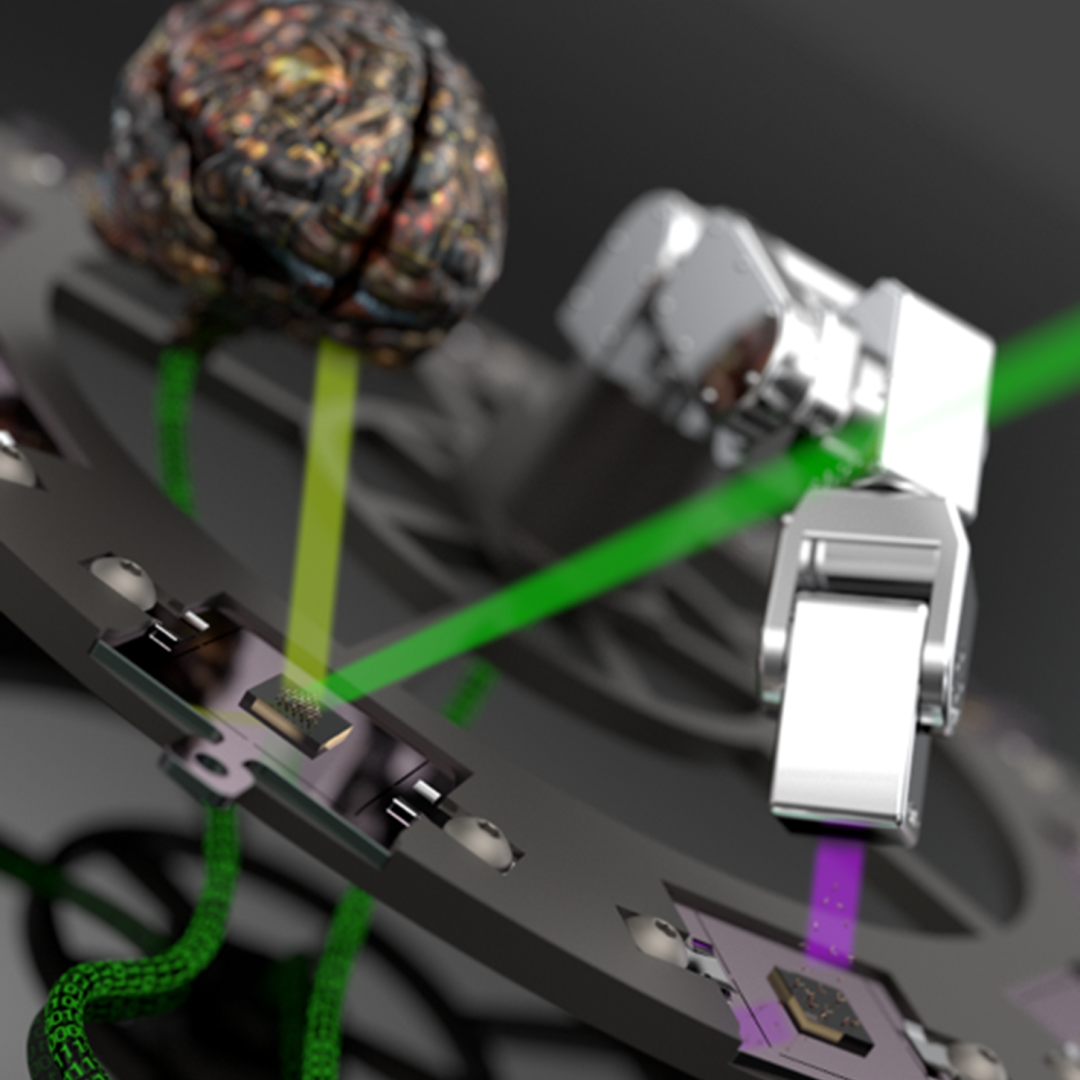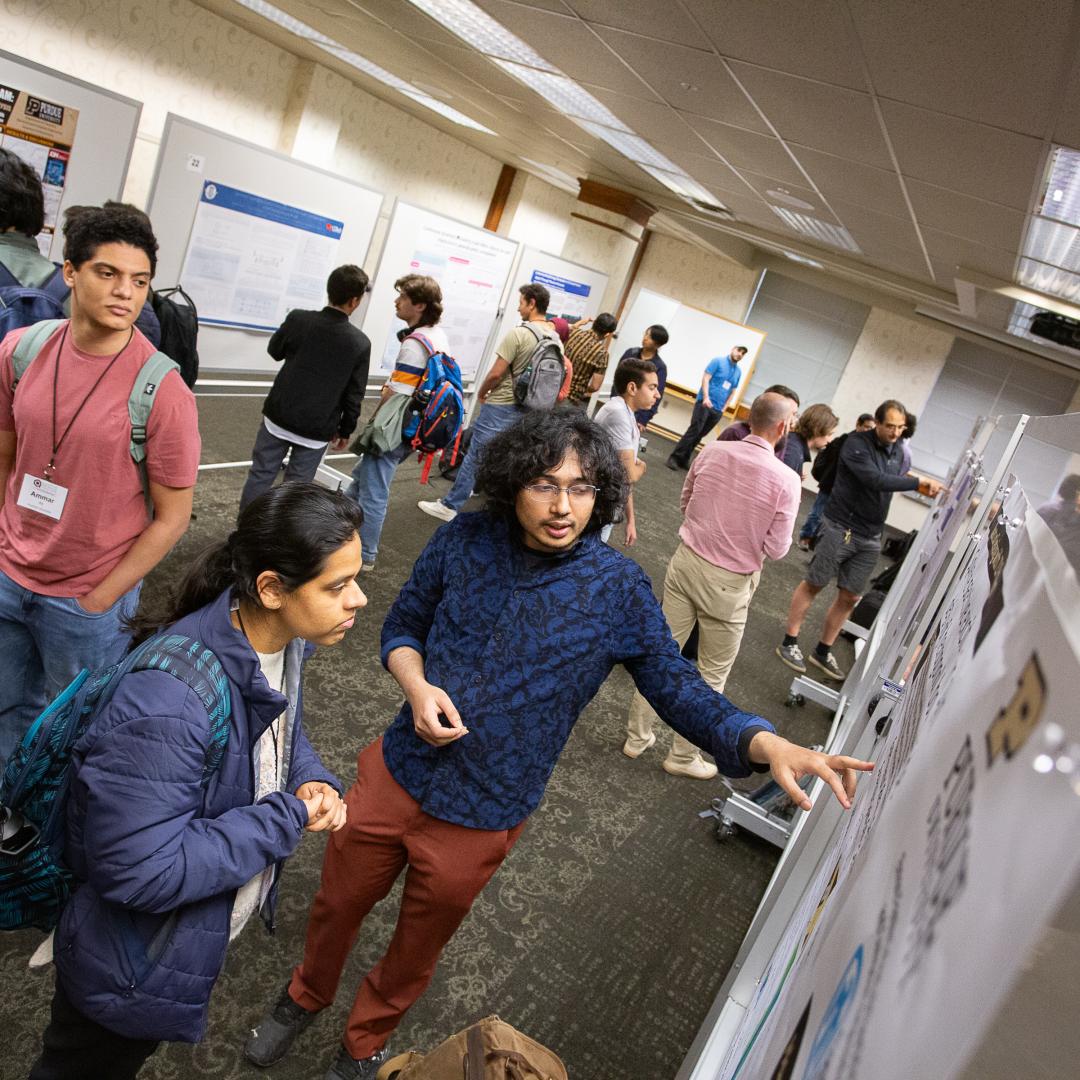Filter News
Area of Research
- (-) National Security (5)
- (-) Neutron Science (17)
- Biology and Environment (31)
- Biology and Soft Matter (1)
- Clean Energy (45)
- Computational Biology (1)
- Computer Science (3)
- Electricity and Smart Grid (1)
- Functional Materials for Energy (1)
- Fusion and Fission (2)
- Materials (21)
- Materials for Computing (7)
- Nuclear Science and Technology (2)
- Quantum information Science (9)
- Supercomputing (42)
- Transportation Systems (1)
News Topics
- (-) Coronavirus (10)
- (-) Decarbonization (4)
- (-) Quantum Science (8)
- 3-D Printing/Advanced Manufacturing (8)
- Advanced Reactors (2)
- Artificial Intelligence (18)
- Big Data (8)
- Bioenergy (9)
- Biology (9)
- Biomedical (13)
- Biotechnology (2)
- Buildings (1)
- Chemical Sciences (4)
- Clean Water (2)
- Climate Change (5)
- Composites (1)
- Computer Science (31)
- Cybersecurity (19)
- Energy Storage (8)
- Environment (13)
- Exascale Computing (1)
- Fossil Energy (1)
- Frontier (2)
- Fusion (2)
- Grid (6)
- High-Performance Computing (6)
- Machine Learning (15)
- Materials (16)
- Materials Science (24)
- Mathematics (1)
- Microscopy (3)
- Nanotechnology (11)
- National Security (34)
- Neutron Science (99)
- Nuclear Energy (7)
- Partnerships (4)
- Physics (10)
- Polymers (1)
- Quantum Computing (1)
- Security (12)
- Simulation (1)
- Space Exploration (3)
- Summit (7)
- Sustainable Energy (4)
- Transportation (7)
Media Contacts
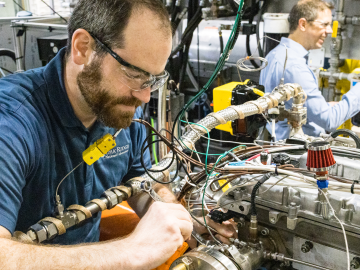
ORNL, the Department of Energy’s largest multidisciplinary laboratory, and Fairbanks Morse Defense, a portfolio company of Arcline Investment Management, have entered into a Memorandum of Understanding to collaborate on the development and integration of alternative fuel technologies aimed at reducing the marine engine’s reliance on fossil fuels.
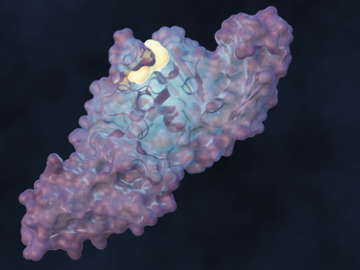
A team of scientists led by the Department of Energy’s Oak Ridge National Laboratory designed a molecule that disrupts the infection mechanism of the SARS-CoV-2 coronavirus and could be used to develop new treatments for COVID-19 and other viral diseases.
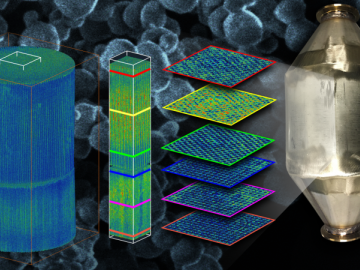
Natural gas furnaces not only heat your home, they also produce a lot of pollution. Even modern high-efficiency condensing furnaces produce significant amounts of corrosive acidic condensation and unhealthy levels of nitrogen oxides
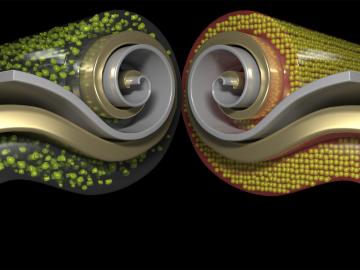
Researchers at ORNL have developed a new method for producing a key component of lithium-ion batteries. The result is a more affordable battery from a faster, less wasteful process that uses less toxic material.
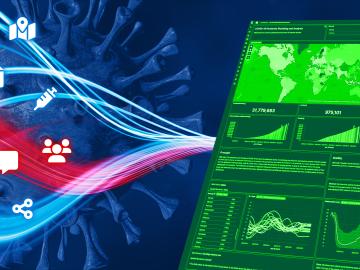
When the COVID-19 pandemic stunned the world in 2020, researchers at ORNL wondered how they could extend their support and help
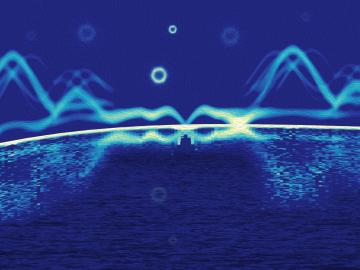
Scientists at ORNL used neutron scattering to determine whether a specific material’s atomic structure could host a novel state of matter called a spiral spin liquid.

Tackling the climate crisis and achieving an equitable clean energy future are among the biggest challenges of our time.
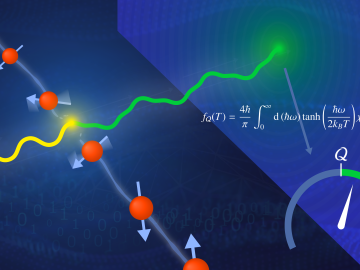
A team led by the U.S. Department of Energy’s Oak Ridge National Laboratory demonstrated the viability of a “quantum entanglement witness” capable of proving the presence of entanglement between magnetic particles, or spins, in a quantum material.
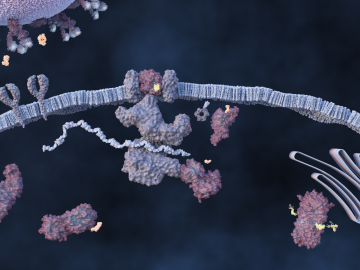
An ORNL-led team comprising researchers from multiple DOE national laboratories is using artificial intelligence and computational screening techniques – in combination with experimental validation – to identify and design five promising drug therapy approaches to target the SARS-CoV-2 virus.
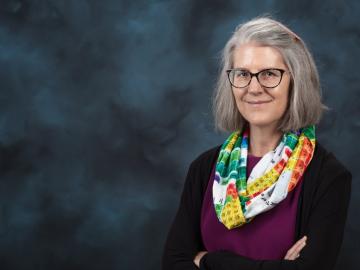
Deborah Frincke, one of the nation’s preeminent computer scientists and cybersecurity experts, serves as associate laboratory director of ORNL’s National Security Science Directorate. Credit: Carlos Jones/ORNL, U.S. Dept. of Energy


